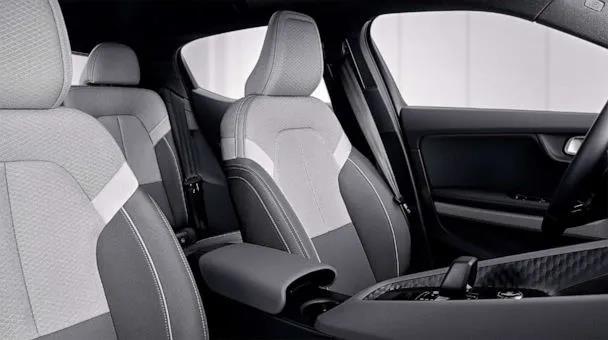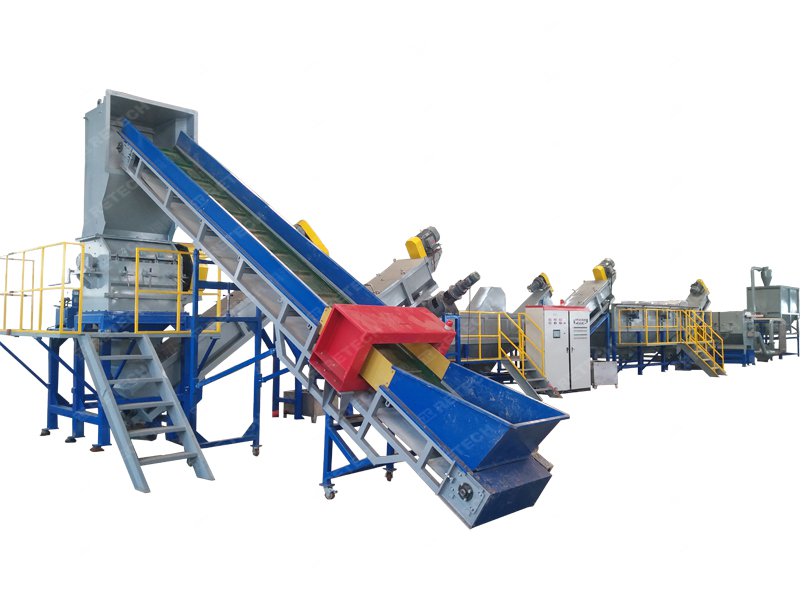Automakers are racing to make their vehicles more sustainable -- the industry's favorite buzzword -- by converting discarded materials into seat cushions, floors, door panels and dashboard finishes. First it was recycled wood, then "vegan" leather, and now plastic waste from the sea, rice husks, flaxseed and agave are transforming the manufacturing process.

Deborah Mielewski, a sustainability technology researcher at Ford, told ABC News that everyone is aware of the plastic and waste issues.
Ford, in particular, has been an advocate of using renewable plastics in its vehicles. In 2008, it replaced the petroleum polyol foam in its Mustang sports car with seat cushions made of soy, an industry first. Recently, Mielewski and her team began researching how to turn some of the 13 million tons of ocean plastic threatening Marine life and polluting shorelines into parts for future Ford cars. Turns out the new Ford Mustang sports a wire harness clamp that used to be a nylon fishing net recycling.
Gregory Keoleian, director of the Center for Sustainable Systems at the University of Michigan, said automakers deliberately added recycled plastics to reduce vehicle weight and cost and improve performance and fuel economy.

Swedish carmaker Volvo says it is addressing all areas of the sustainability of its cars -- not just carbon emissions. The company says it will be leather-free by 2030 and uses a material it developed called Nordico, which consists of textiles made from recycled materials such as PET bottles, bio-property materials from sustainable forests in Sweden and Finland, and corks recycled from the wine industry.
